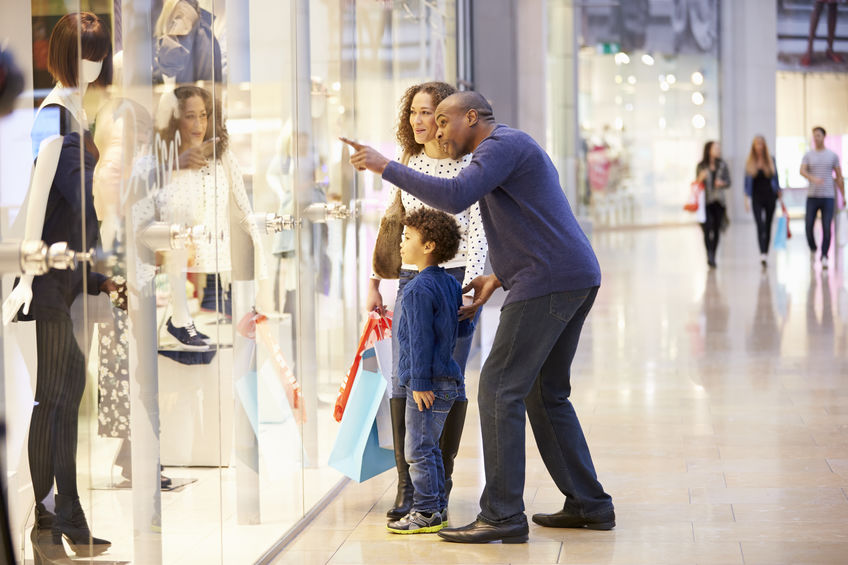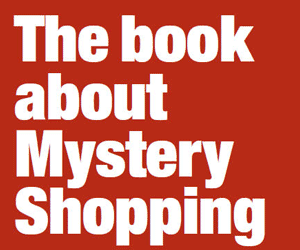How retailers can satisfy their shoppers, and how mystery shopping can assist CX
It is clear that retailers need new ways to build shopper satisfaction in-store, so the magic secret is, what keeps shoppers interested from the moment they walk through the door all the way to their purchase?
JLL evaluated 100 stores and surveyed 2,000 shoppers across 10 US retail sectors for the answer. The research led to a formula they named the ‘Six Dimensions of Retail Experience’. They believe that retailers can use this formula to help define and enhance in-store shopping experiences - “Our goal was to create new benchmarks to better understand how well retailers are meeting shoppers’ expectations.” 
Retail is under increasing threat from both technology and peoples expectations of more, faster, cheaper. Why should they continue to visit shops, when they can order anything they want, probably at a cheaper price, from the comfort of their own home?
Jll’s Six Dimensions of Retail Experience aimed to evaluate what is most important to shoppers and how well retailers are delivering:
1. Intuitive.
This was the highest ranked of the 6 Dimensions. The Intuitive Dimension researched the ease of product placement, could shoppers actually find what they were looking for?
We could use Mystery Shopping to research if shoppers are able to locate products. If they cannot, we need to be asking what their next course of action would be. Ask staff? Or would they simply leave and find the product online or from a competitor? Does the shop make an effort to stock exciting items that will intrigue their shoppers and encourage them to stay?
2. Human
Without a positive human interaction there is no reason to bother getting up off the sofa. A negative experience will do untold damage. Shoppers now expect retail staff to be available, knowledgeable, helpful and friendly. They should understand the products and guide the shopper to the best solution.
3. Meaningful
Retailers need to have a clear targeted profile and shoppers want to understand what this is. Retailers that do not have a clear vision lose sales because they do not attract the correct market. Shoppers love to return to a shop that feels right to them, with products they like the look of. Brands need to share the ethos of their customers, and vice – versa.
4. Immersive
If we want to keep attracting shoppers to retailers, then retailers have to make their stores experiential. Shops need to be attractive and exciting, with a clear and logical path. In the way that Christmas lights and decorations excite our sensibilities and make us love that time of year, so shops need to up their game and become exciting, immersive environments.
5. Accessible
The shopping experience should be closed quickly, efficiently and positively, and with confidence on the part of the shopper. Ease of both purchase and return of products are essential in a world where online purchases can be returned often without question. Shoppers want retailers to support the use of mobile devices for a streamlined transaction.
6. Personalised.
Personalised shopping has become more and more relevant in recent years, and shoppers love it. Recommendations and offers based on previous purchases are increasingly important, as are loyalty reward cards. The advantage of this is the store accumulates shopper data, and learns about the desires of their shoppers.
As Mystery Shopping companies, our challenge is to understand what is being delivered by staff both from the perspective of service, but also in the deliverance of in-store standards. The more we know about what shoppers want, the more we need to check if they are getting it or not. As Mystery Shoppers, our role is more critical than ever!







